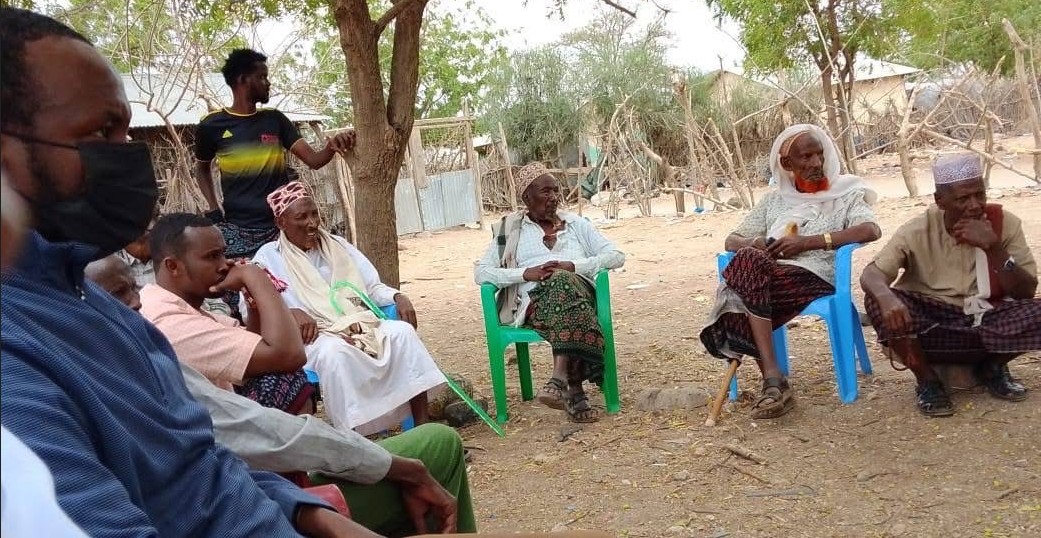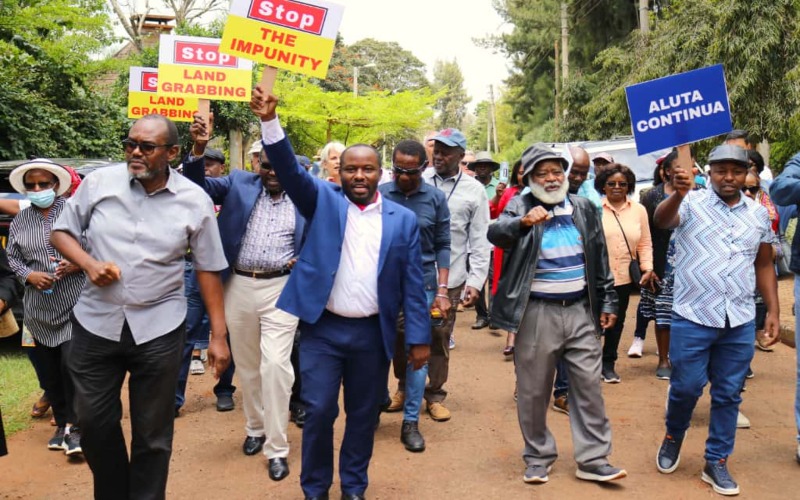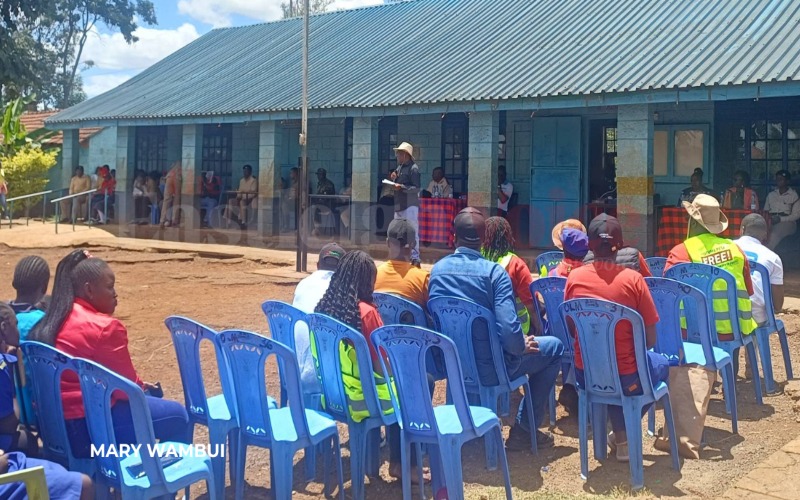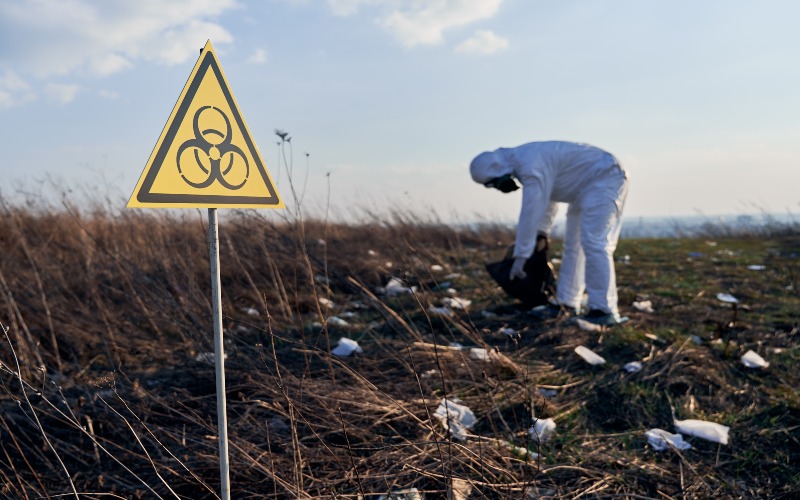Tana River residents rage after 47-year-old man killed by elephant, MUHURI blames KWS

According to MUHURI, Muhamed was chased to the river and killed on the spot around 3 pm on Monday in what residents described as a horrifying and preventable tragedy.
The death of 47-year-old Muhamed Ahmed Sheikh, trampled by an elephant on his way to the market in Boka Location, Tana River County, has sparked outrage among locals and drawn sharp criticism from the Muslim for Human Rights (MUHURI) organisation.
MUHURI is demanding urgent action from the Kenya Wildlife Service (KWS), accusing the agency of negligence, harassment, and systemic failure to protect both wildlife and surrounding communities.
More To Read
- Court halts implementation of KWS' park entry fee hike
- Revised national park entry fees and vehicle charges
- Court nullifies Garissa’s Kamuthe Conservancy registration in landmark land rights ruling
- Garissa leaders warn poaching, foreign travel advisories threaten tourism
- Activists protest exclusion of Lake Nakuru from free entry, link reversal to Odhiambo's disappearance
- KWS excludes Lake Nakuru from free park entry on September 27
According to the group, Muhamed was chased to the river and killed on the spot around 3 pm on Monday in what residents described as a horrifying and preventable tragedy.
His burial, held Tuesday under Islamic rites, was marked by grief and growing anger in a community that feels abandoned.
"This is not the first death. It's at least the eighth fatality caused by wild animals in this area in the last two years—and yet nothing has changed," said Francis Auma, MUHURI's Rapid Response Officer, who is currently in Boka on a fact-finding mission.
Complaints unanswered
"The Kenya Wildlife Service appears to have normalised these killings. Communities cry, bury their dead, and are met with silence—or worse, harassment. We're saying: Enough is enough," Auma declared.
Residents say complaints to both local leaders and KWS have long gone unanswered. Instead of solutions, they allege, they have faced intimidation.
Locals claim KWS officers routinely impound livestock, transport them to Kitui County, and extort hefty sums from owners—often under threats or violence.
"We're not just being ignored—we're being targeted," said one Boka resident, who requested anonymity for fear of reprisals. "They beat us, they take our camels, and still they can't protect us from the elephants."
Nearing breaking point
Auma condemned the ongoing abuses and warned that tensions in the region are nearing a breaking point, fuelled by frustration over the lack of compensation and accountability from authorities.
"Going by the history of similar cases, we know there will be no compensation. The government will make promises, issue statements, and then disappear," Auma said. "We demand justice for Mzee Ahmed and for every other life lost in silence."
MUHURI is now calling for an immediate independent investigation into the conduct of KWS officers in Tana River County, fair compensation for families of wildlife victims, and the creation of a joint task force with community representatives to develop long-term coexistence measures.
"KWS, your role is to protect, not terrorise," Auma emphasised. "Work with the people. End the harassment. Acknowledge the deaths. Let the killing of Mzee Ahmed be the last."
Walid Sketty of Vocal Africa joined the Somali community to highlight their life-threatening encounters with KWS, who claimed their officers operated in a "banditry manner by shooting, stealing their livestock and harassing them for years".
"It was heartbreaking to see women with gunshot wounds, missing fingers and a good number left dead. On our arrival, we found the community finalising the burial of Muhammed Sheikh. According to the community, recently over 10 men have been brought back dead by KWS officers, claiming that they were attacked by wild animals," he said.
With no visible response from KWS so far, residents warn they are ready to escalate their demands—through peaceful protests and legal action—if urgent solutions are not provided.
Top Stories Today













































